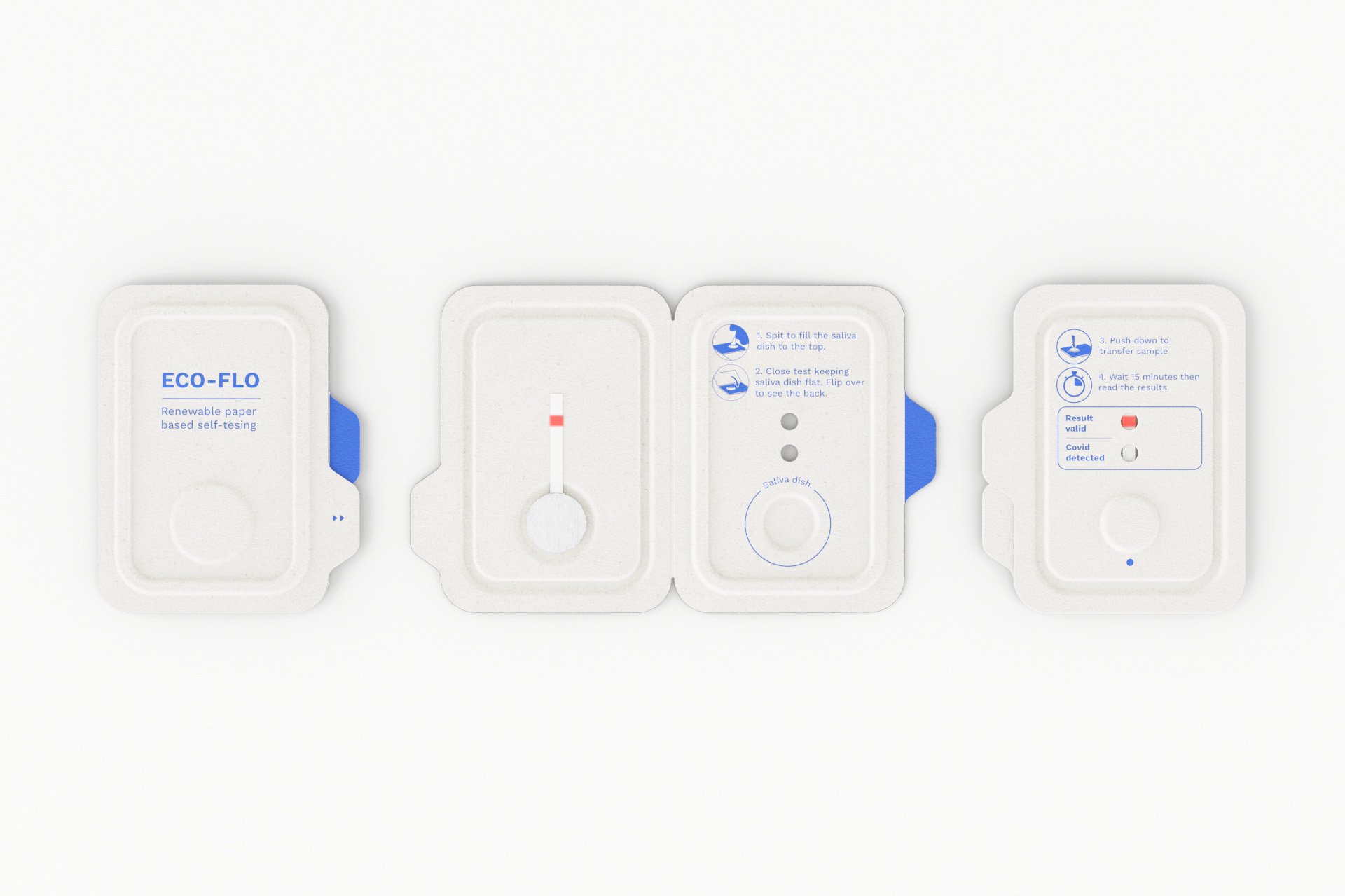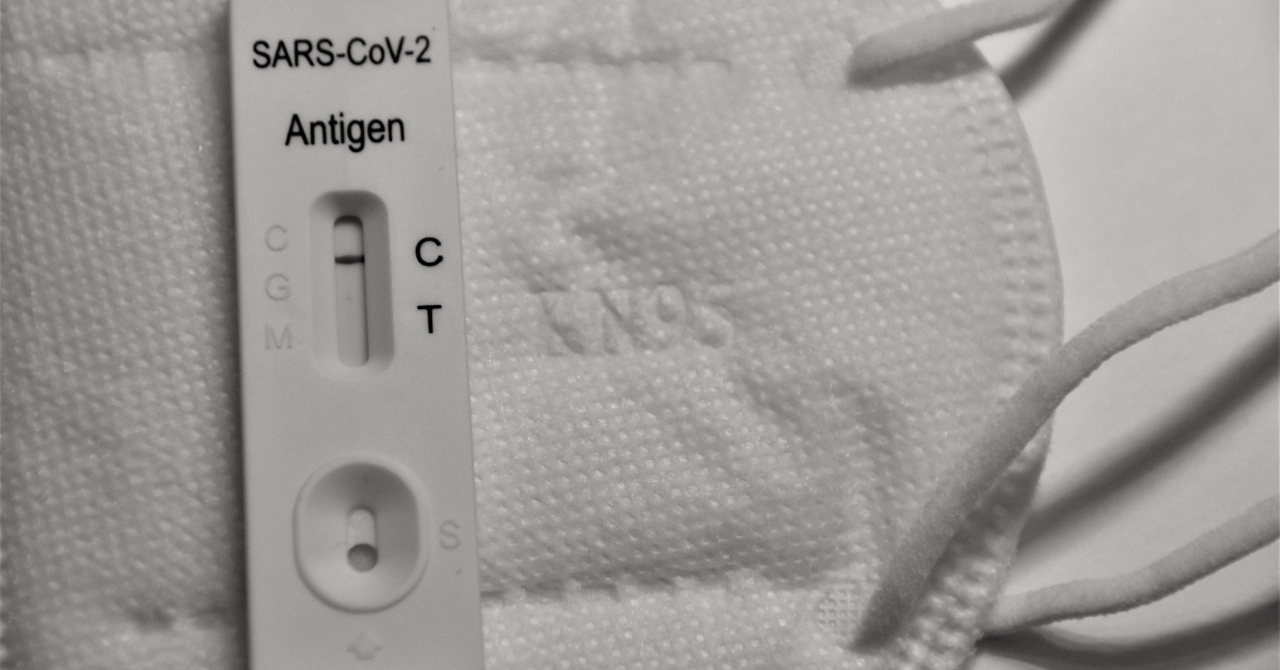According to Fast Company, when these tests were ready for public release in November 2020, the goal was to make them cost-effective and to launch them as quickly as possible.
Two years after the pandemic started, a London-based company proposed a recyclable, biodegradable rapid test that is sustainable even with regards to its packaging.
The proposed test is made of recyclable paper pulp and is supposed to be more user-friendly and more accessible.
Supposedly, it does away with leaflets, nose swabs or pink lines that are sometimes hard to read by low-vision people.
Called Eco-Flo, the test is just a concept for now, no prototypes were made yet, and since there are still quite a few people buying tests for at home use, making them more sustainable is definitely not a bad idea.
Jo Barnard, the founder of Morrama, the studio who came up with the idea, says that the test could be manufactured with existing processes.
The proposed new kit would come in a biodegradable sachet and the test itself would be a similar to a mini book that would be opened by the end user.

Photo Source: Morrama
The designers want to replace current testing methods with a saliva-based one, which should be more efficient at detecting the Omicron variant, but the testing kit won't be available until the end of this year.
The design shows that in order to get the test done, all you would need to do is flip the kit open, put a saliva sample into the little dish shape, which still has a larger surface when compared to current tests and then close the kit back again. By pressing the sample down onto the absorbent pad, you initiate the test, which takes 15 minutes to complete.
The result will be validated with a red area that is larger than the one on existing tests, with the second area being colored the same way if the infection is detected.
Jo Barnard says that "the idea of making the test strip a bit bigger would allow visible marks to be clearer, and by putting it in a little window, you know where you’re looking."
Whether the test will actually make it on the shelves is unclear, but if it does, it could give a new perspective for pharmaceutical manufacturers, who should, in Jo's opinion, focus on saving people's lives and giving them a cleaner future to live in as well.
 Mihai - Cristian Ioniță
Mihai - Cristian Ioniță












Any thoughts?